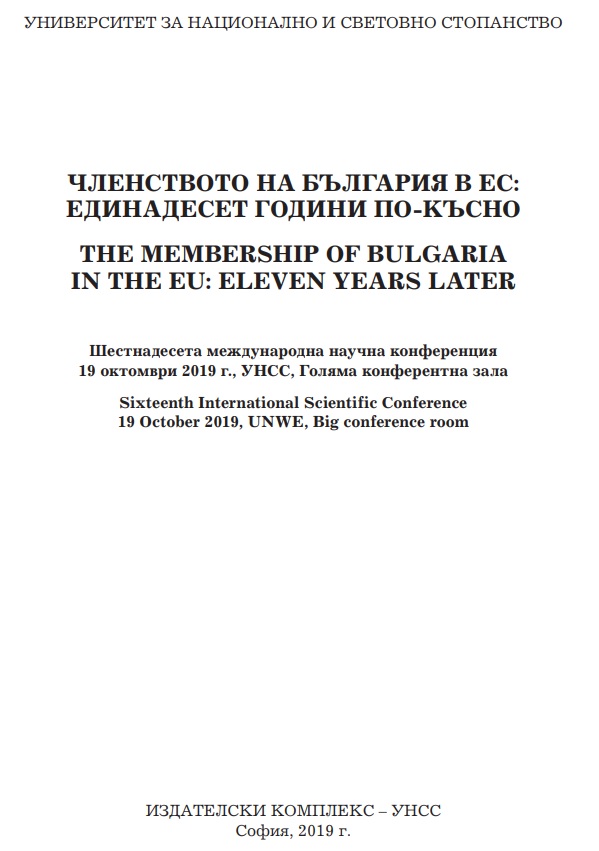Coordination of the Corporate Income Tax in the European Union
Coordination of the Corporate Income Tax in the European Union
Author(s): Nelly Popova
Subject(s): Economy, Supranational / Global Economy, Public Finances
Published by: Университет за национално и световно стопанство (УНСС)
Keywords: corporate income tax; classical system; tax coordination; European Union
Summary/Abstract: In the context of globalization taxation of business profits becomes an important factor for the investment decisions of companies. The predominating in the world classical system causes economic double taxation of corporate earnings and distorts the choice of capital structure and the choice between dividend distributions and reinvestments. Some Member States have adopted alternative tax regimes based on the integration of corporate and individual income taxes to eliminate the imperfections of the classical system. However, most of the alternative tax regimes are incompatible with the free mobility of capital within the Internal Market. The European Commission has acknowledged that the differences in corporate tax regimes of the Member States limit the free movement of capital, on the one hand, and create the risk of tax avoidance, on the other hand. The present article provides a concise review of the existing systems of corporate income tax and a comparison of their advantages and shortcomings. It also focuses on the most important initiatives for CIT coordination at the EU level. The main conclusion is that the classical system remains the most widely applied regime because of its neutrality between residents and non-residents.
Book: Членството на България в Европейския съюз: единадесет години по-късно
- Page Range: 134-146
- Page Count: 13
- Publication Year: 2019
- Language: English
- Content File-PDF

